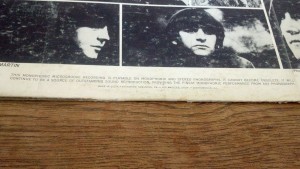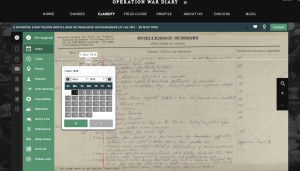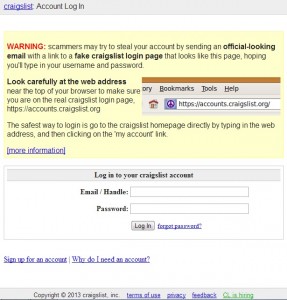This semester I am working as a Graduate Student Instructor (UMich’s term for TA) in a large introductory course for the Masters program here at the School of Information. Overall, the experience has been very rewarding. I enjoy teaching section and am happy to interact with students and explore rich topics across the broad field of information. In my section this week I encountered a situation that has stuck with me and rekindled an uneasiness I sometimes feel about the English language.
In this particular session, the students were doing blind peer reviews of each other’s most recent assignments. Split into pairs, I noticed that some of the students defaulted to referring to the author of the assignment under review as “him” or “he” when in fact it was not possible to tell if the student was male or female. At least one student corrected their partner on this point. I wished I could have stopped class and talked about the deficiencies of the English language in this situation. I have sometimes tried to incorporate the use of the gender-neutral pronoun “xe” into my vocabulary, and this would have been a great time to be able to deploy this invented word. Instead of he/she, xe can be used as a pronoun without signalling gender. Instead of saying “he/she will be here soon” you instead say “xe will be here soon.” The pronunciation is similar to zed, without the d.
Interested in gender-neutral pronouns? Wikipedia is a good place to start. In addition to “xe,” “ze” and “ve” are also possible pronouns to employ in these situations where it is impossible to know an individual’s gender, or in other situations when a particular person does not identify as strictly male or female. This is something I would love to see catch more traction. Do any of you use gender-neutral pronouns or wish you did more often?



 This past weekend I was doing a little spring cleaning and decided to post a few things to craigslist. When I went to access my account, I noticed that the screenshot on the login screen reminding users to watch out for scammers is pretty clearly taken from a computer running
This past weekend I was doing a little spring cleaning and decided to post a few things to craigslist. When I went to access my account, I noticed that the screenshot on the login screen reminding users to watch out for scammers is pretty clearly taken from a computer running